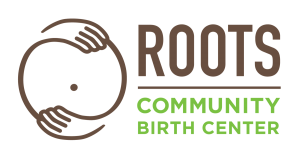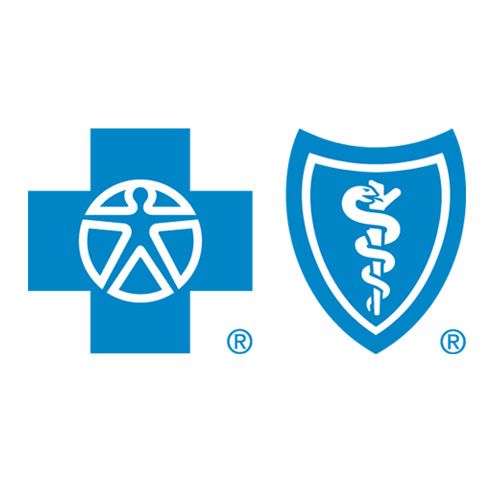How partnerships are creating a healthier future for Black mothers and babies
May 17, 2022Despite tremendous advances in medicine and health care, maternal deaths in the United States have been increasing since 2001, according to the Centers for Disease Control and Prevention (CDC). Additionally, the U.S. has the highest maternal mortality rate among developed countries. There are also stark racial inequities in maternal mortality rates across the U.S., and particularly in Minnesota.
Across the nation, Black, Indigenous, and people of color (BIPOC), along with those in rural areas face greater complications during pregnancy, childbirth and postpartum recovery.

The impacts of racism on maternal health
While the causes of racial disparities in maternal health are multifaceted, they speak to the increased barriers that BIPOC individuals face in accessing health care and the direct role systemic racism plays in determining health outcomes. “Research has documented the impact of social determinants, racism, and chronic stress on maternal and infant health outcomes, including higher rates of perinatal depression and preterm birth among Black women and higher rates of mortality among Black infants. In recent years, research and news reports have raised attention to the effects of provider discrimination during pregnancy and delivery,” according to a report by the Kaiser Family Foundation.
The Center for Antiracism Research for Health Equity (CARHE) at the University of Minnesota is working to create a healthier future for all, and specifically address the impacts of systemic racism on maternal health. In 2021, Blue Cross and Blue Shield of Minnesota donated $5 million to the University of Minnesota School of Public Health to establish the Center for Antiracism Research for Health Equity. Dr. Rachel Hardeman, associate professor and Blue Cross endowed Professor of Health and Racial Equity, created the vision for the center and serves as its founding director.
J’Mag Karbeah, MPH, PhD candidate and Miamon Queeglay, Manager of Community Engaged Research and Outreach, both work with Dr. Rachel Hardeman at the CARHE. “Racism impacts women’s health in Minnesota in various ways,” says Miamon. “One specific issue that our center has focused on is how racism harms Black mothers and their infants. In the United States, because of structural racism, Black birthing people are three to four times more likely to die due to preventable pregnancy-related illness than their white counterparts.”
“The anti-Black racism that is baked into our society prevents some Black women from accessing potentially life-saving prenatal and reproductive health services, and it too often alienates and drives out those who manage to interact with the health care system.” – Miamon Queeglay
All too often, Black women face mistreatment and receive a lower quality of care during the course of their pregnancy than white women. Even when controlling for factors such as income, insurance status and age, BIPOC individuals experience a lower quality of care in clinical and hospital settings. “When Black women are able to access health care services, they often receive care that is dismissive, invalidating and of lower quality than what their white peers receive,” says Miamon. “The anti-Black racism that is baked into our society prevents some Black women from accessing potentially life-saving prenatal and reproductive health services, and it too often alienates and drives out those who manage to interact with the health care system.”
Creating a healthier future for Black mothers and babies
The Center for Antiracism Research for Health Equity aims to address the impacts of racism on women’s health in two ways: first, by centering the voices and lived experiences of those most impacted by these issues, and second, by supporting policy change through the production and elevation of antiracist research.
“CARHE intentionally centers the voices of community members and community organizations as they are essential to changing the adverse health outcomes we continue to see,” says J’Mag. “One example of how we do this is our multi-year partnership with Roots Community Birth Center, a Black owned free-standing birth center in North Minneapolis.” Roots employs an evidence-based model of care to provide culturally-centered pregnancy services that can dramatically improve the experiences of Black women.
are essential to changing the adverse health outcomes we continue to see,” says J’Mag. “One example of how we do this is our multi-year partnership with Roots Community Birth Center, a Black owned free-standing birth center in North Minneapolis.” Roots employs an evidence-based model of care to provide culturally-centered pregnancy services that can dramatically improve the experiences of Black women.
All mothers should be treated with respect and dignity and receive equitable care during the course of their pregnancy and beyond. When mothers receive the quality health care they need, it strengthens the wellbeing of families, communities and future generations.
“We can create and facilitate better health outcomes for Black women. There is a lot of evidence that lays out how we can create this new reality and how providers can support these changes. Clinicians must learn new ways in which structural racism and other forms of racism impact health. Medical schools and training programs should equip every clinician, in every role, to address racism,” says J’Mag.
“We can create and facilitate better health outcomes for Black women. There is a lot of evidence that lays out how we can create this new reality and how providers can support these changes." – J'Mag Karbeah
It is imperative to address the devastating impacts of racism on the health of mothers and infants. Miamon believes a healthier future is possible. “Providing services for safe housing, nutrition, intimate partner violence prevention, financial security and other aspects related to social determinants of health can address these important causes of maternal mortality and protect vulnerable members of our community. These problems are fixable, and we have the tools to fix them,” she says.





